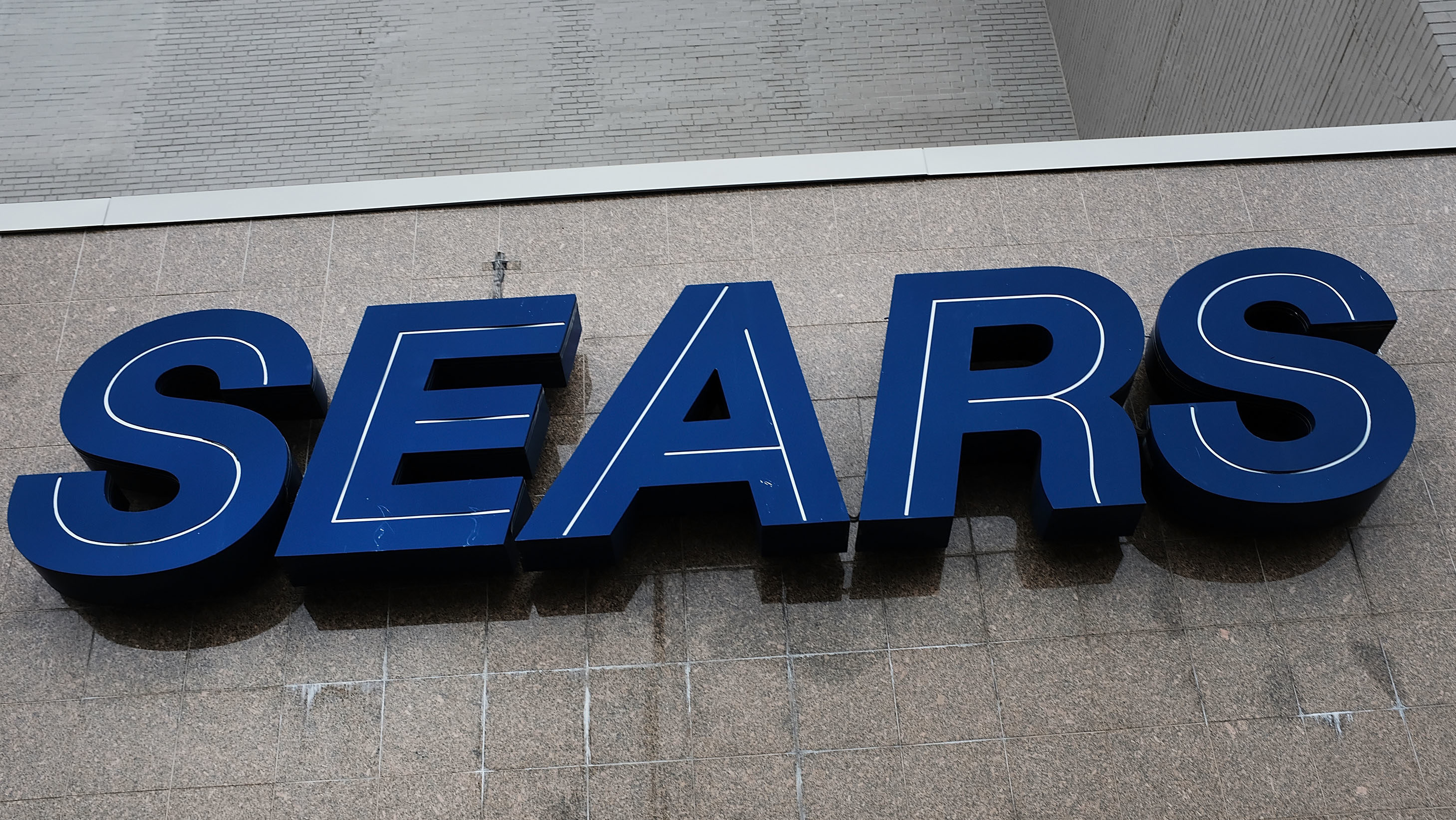For some companies, 2018 was a year of significant challenges.
Many well-known businesses filed for bankruptcy, and some even closed their doors for good. Not all companies disappear after filing for bankruptcy, however. Some use it as a way to eliminate or restructure debt and emerge afterward with a fresh marketing plan and eye for the future. From Claire’s to Sears, here are the businesses that filed for bankruptcy this year.
Claire’s (Before Bankruptcy)
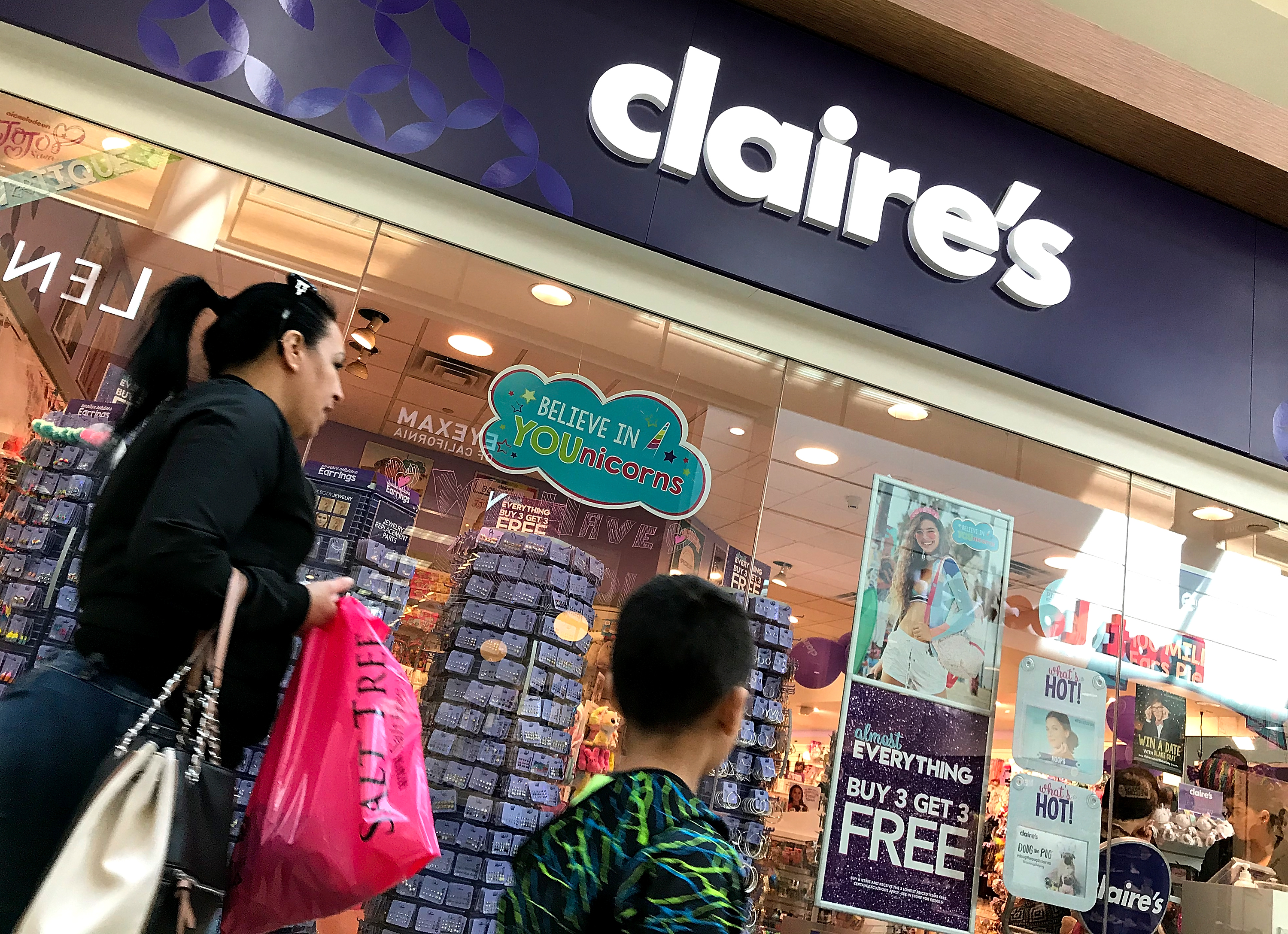
Claire’s has been a popular tween jewelry and accessories retail chain since 1961. However, in March 2018, the company filed for Chapter 11 bankruptcy and announced that it would be closing some of its stores in order to reduce its approximately $2.1 billion dollars in debt. The company reportedly operated more than 7,500 locations around the world at the time of its bankruptcy filing.
Claire’s (After Bankruptcy)
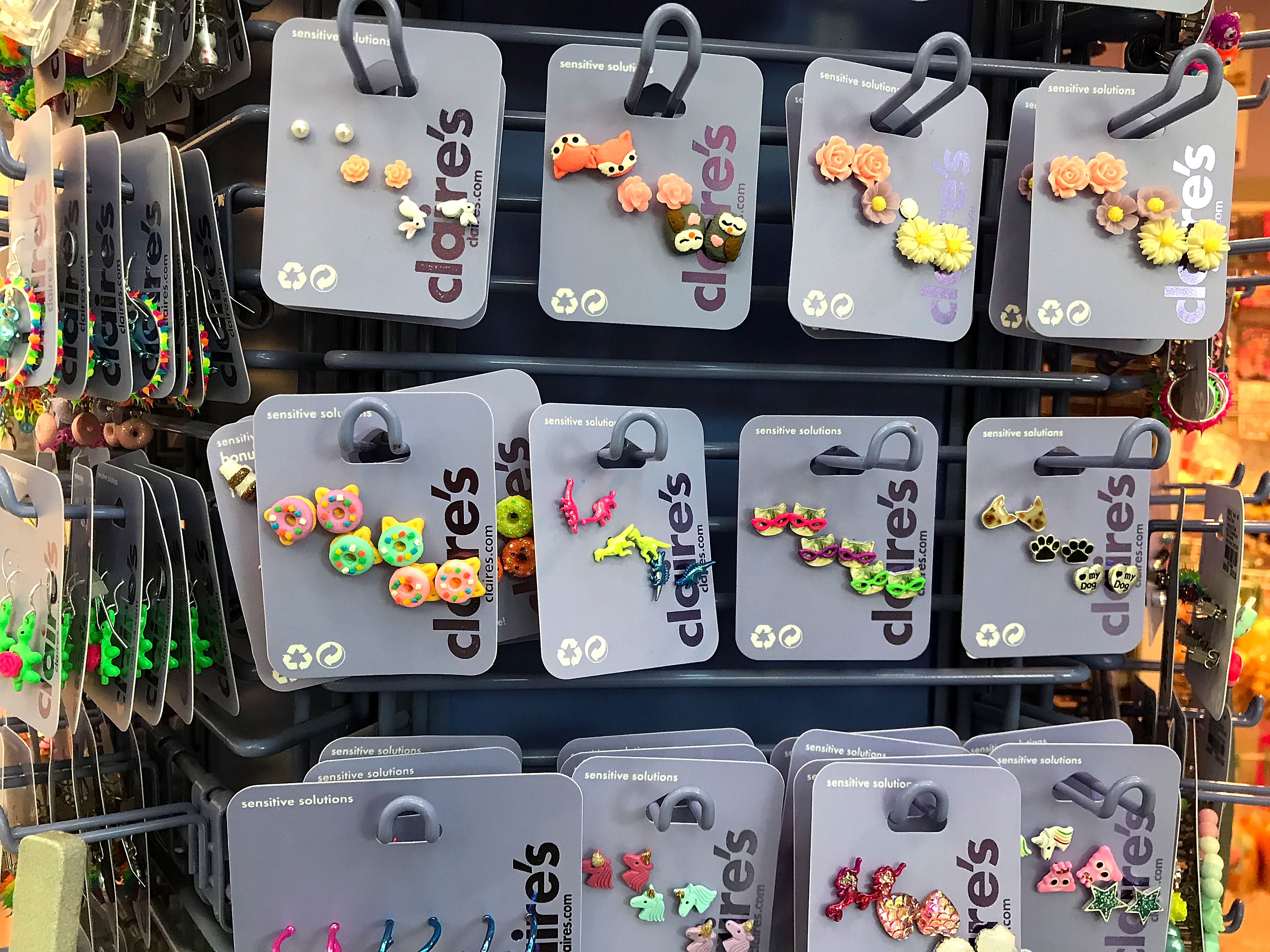
In October 2018, Claire’s announced that they had successfully completed bankruptcy procedures. As a result, they were able to eliminate approximately $1.9 billion in debt and acquire $575 million in new capital, while remaining open for business. In a statement, Claire’s parent company CEO Ron Marshall said: “We committed at the beginning of this process that we would emerge as a healthier, more profitable company — and that is exactly what we have done.”
Sears (Before Bankruptcy)
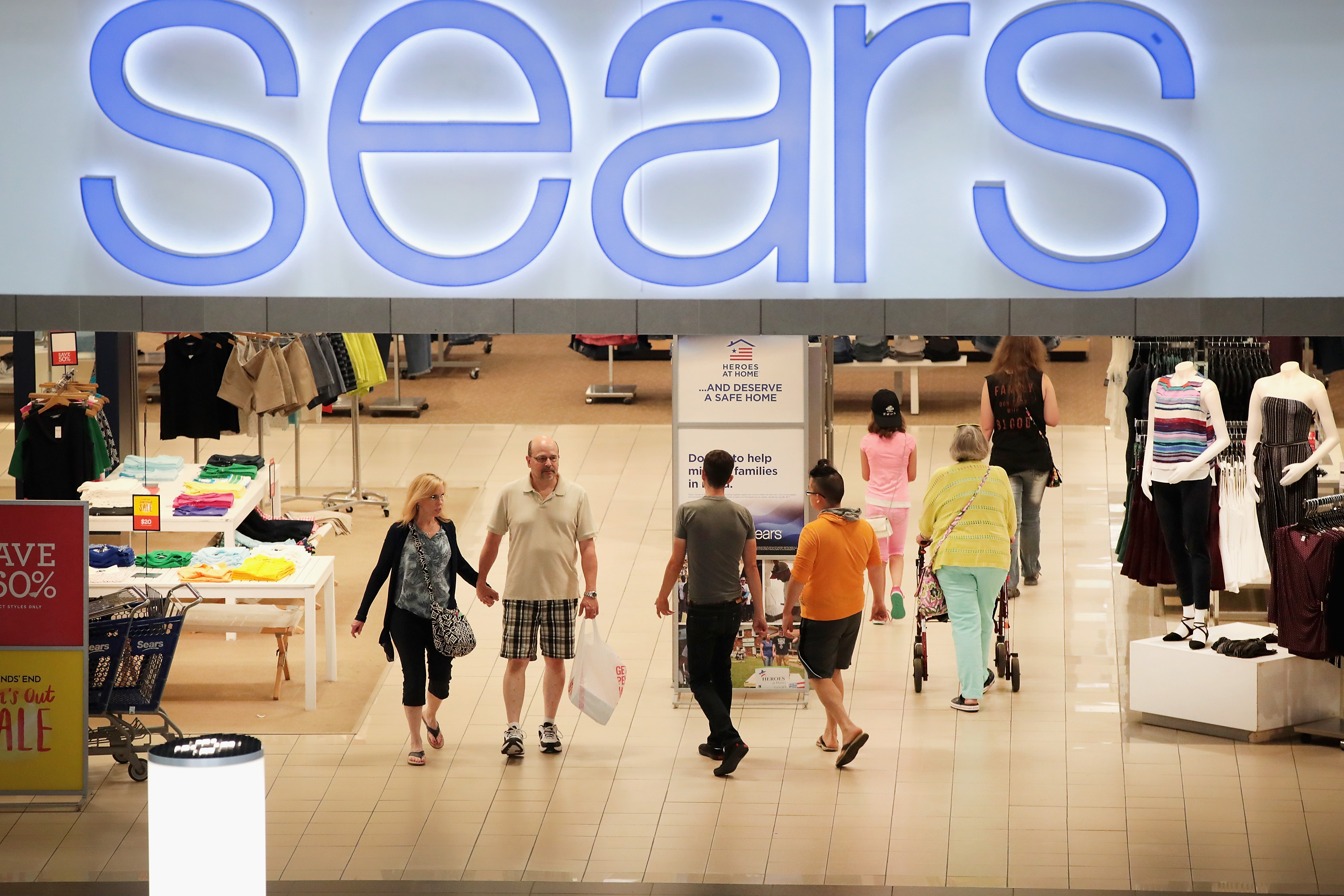
Like many mall stores, Sears has struggled to compete with online retailers. In October 2018, its parent company Sears Holdings filed for bankruptcy and announced that it would close as many as 142 stores by the end of the year. In a statement, the company said that it would try to keep profitable stores open.
Sears (Mid-Bankruptcy)
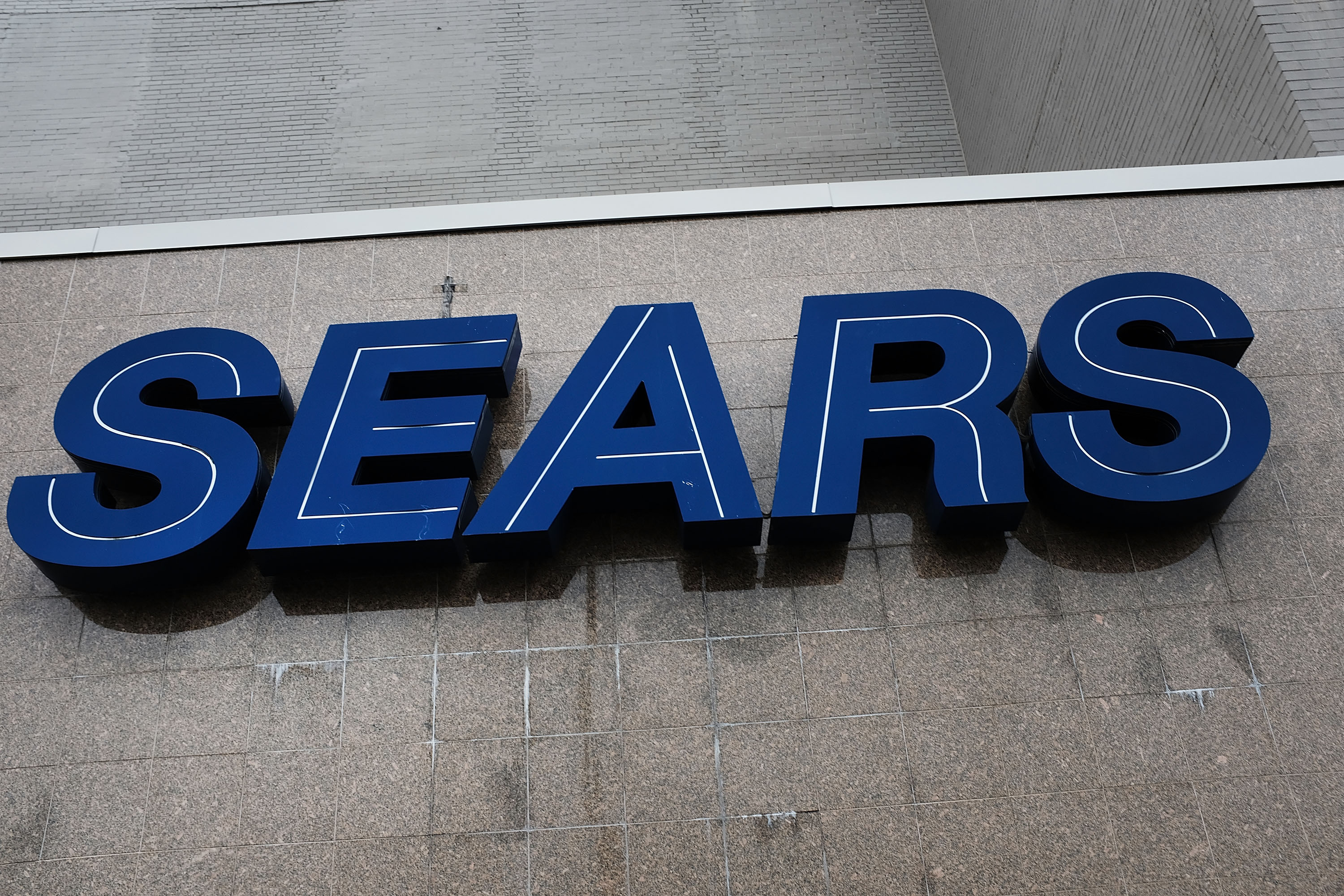
The future of Sears is uncertain. The company is reportedly considering bids to completely shut down and liquidate all of its stores, but it’s also looking at offers that would allow the stores to stay open. It is expected that the corporation will announce a decision in early 2019.
Kmart
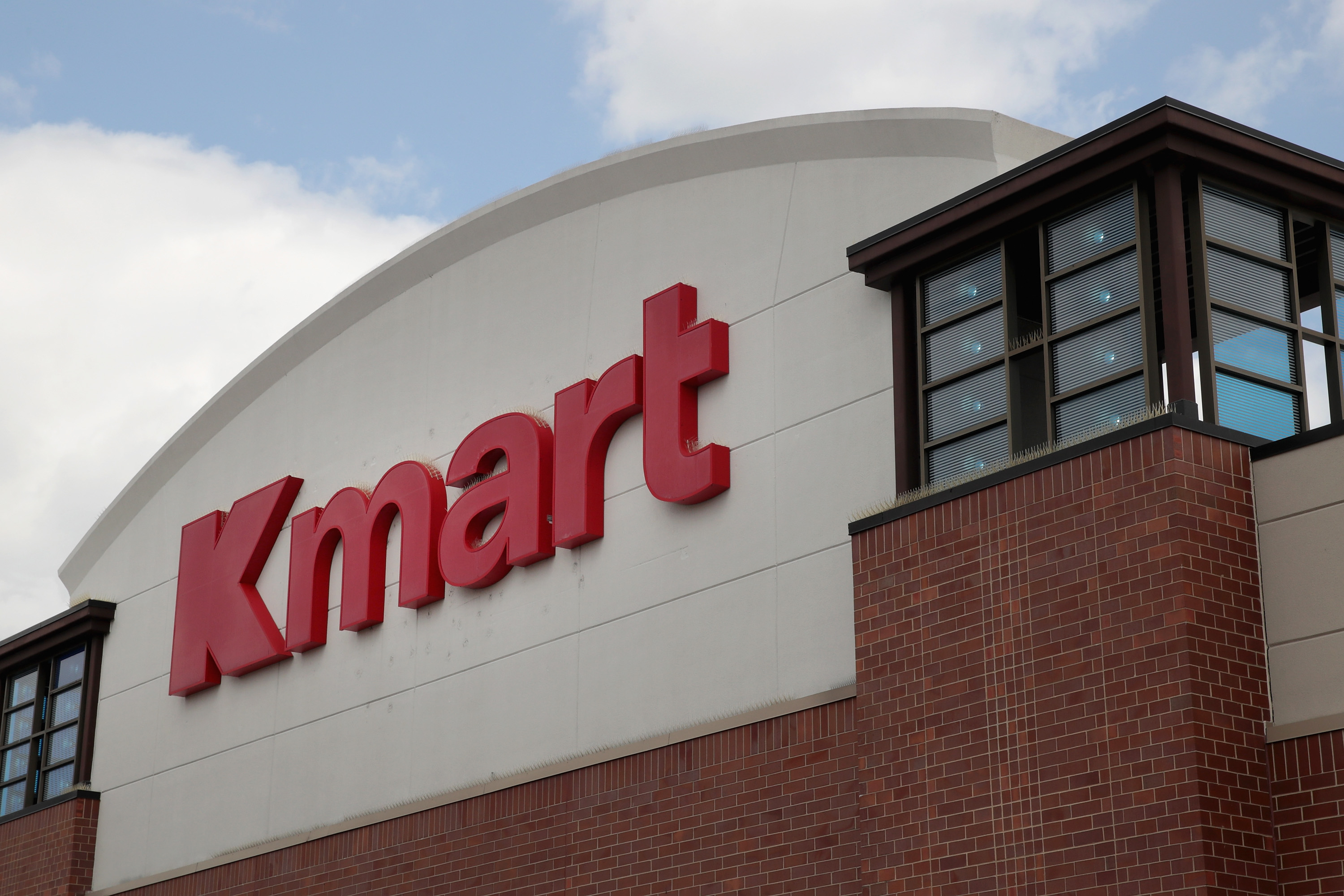
As part of Sears Holdings, Kmart was also affected when its parent company filed for bankruptcy in October 2018. Although the company will keep some of its stores open while shutting down others during the bankruptcy procedures, some have questioned whether Kmart will be able to survive long-term. The company has shuttered 70 percent of its stores in recent years.
David’s Bridal (Before Bankruptcy)
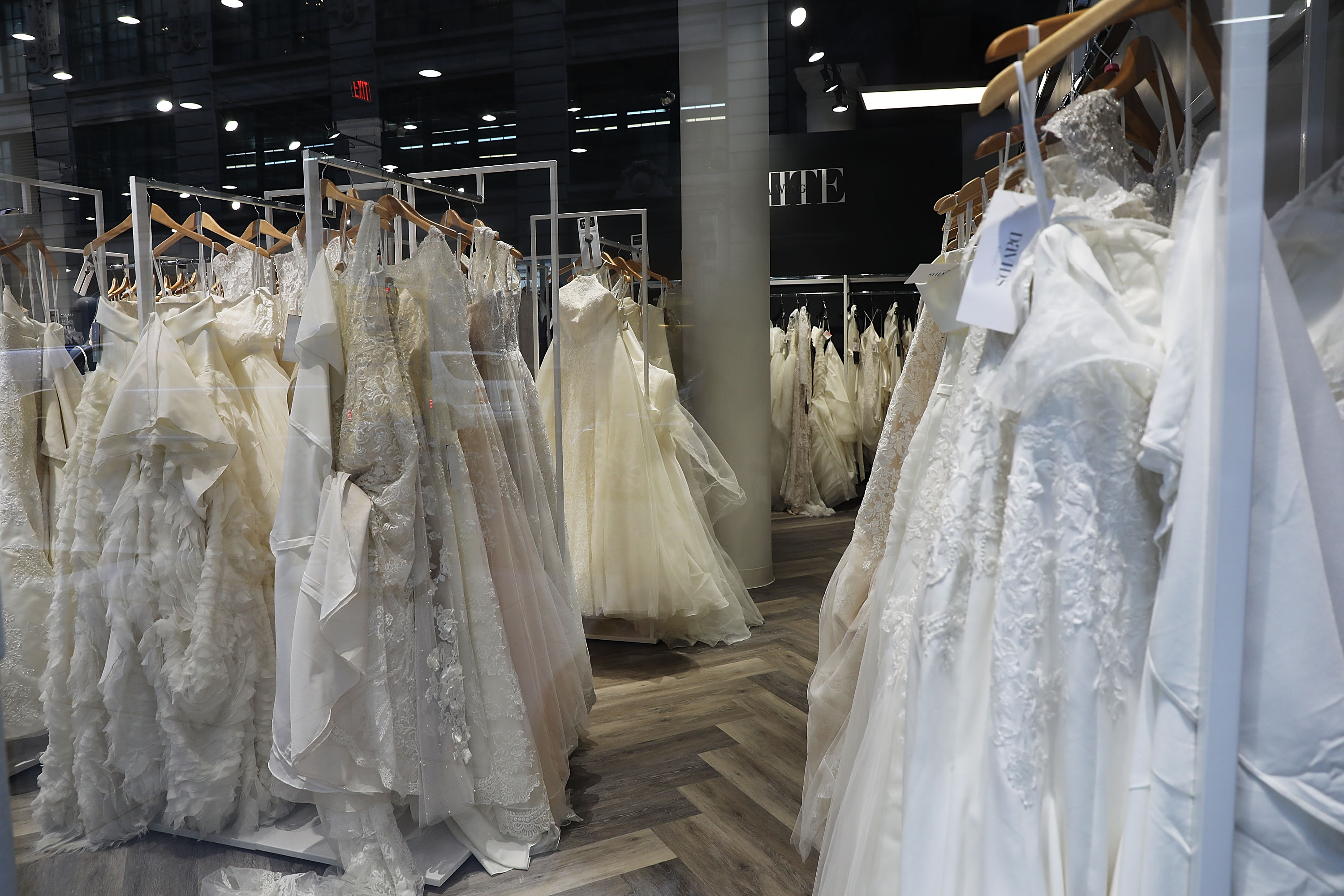
As one of the largest wedding retailers in the country, David’s Bridal was the go-to destination for affordable wedding gowns for many brides. However, the company filed for Chapter 11 bankruptcy in November 2018 amid reports that it was deeply in debt. The bridal chain may also have been hurt by startup wedding dress companies and a declining U.S. marriage rate.
David’s Bridal (Mid-Bankruptcy)
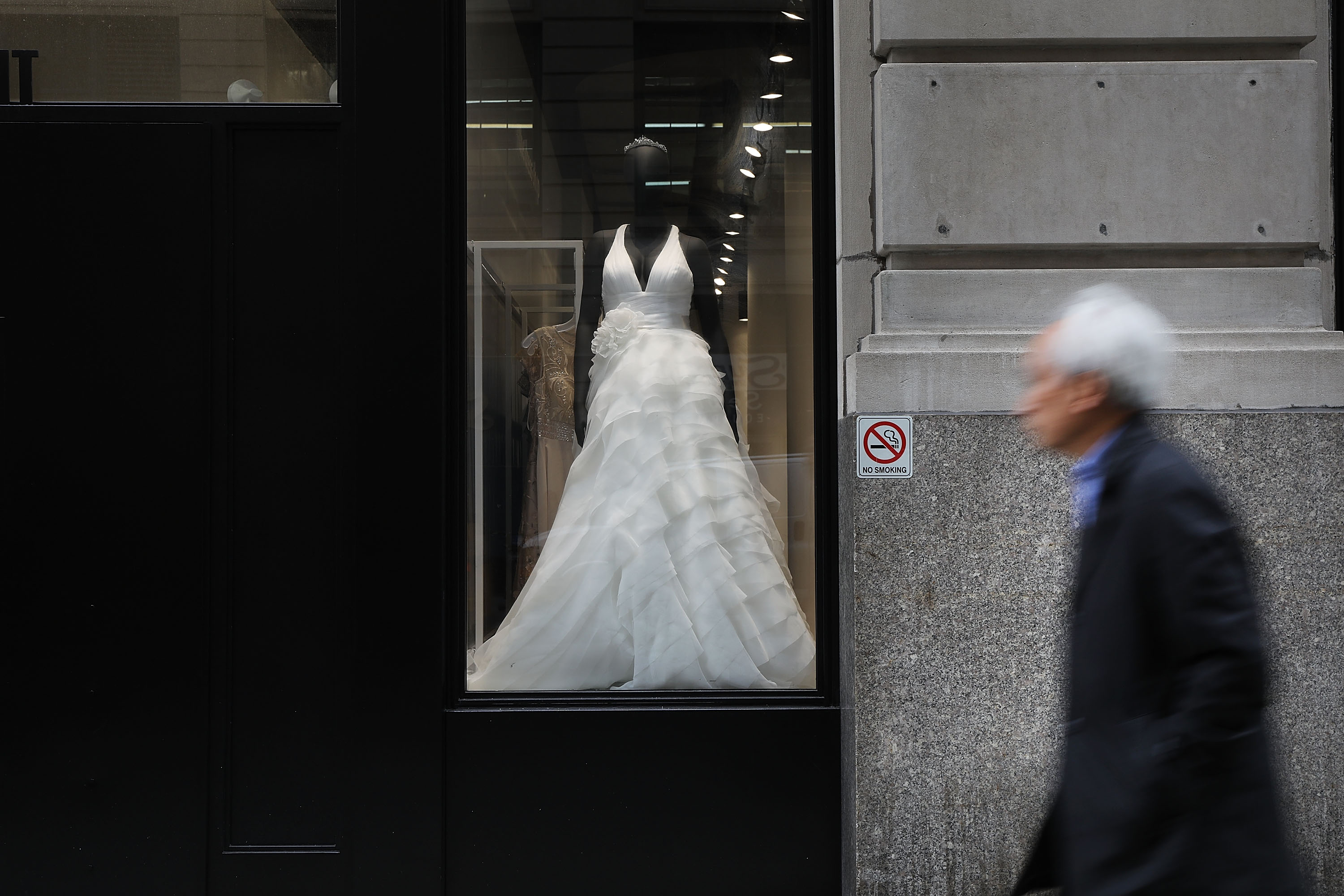
Many of David’s Bridal customers panicked when they heard the news of the company’s bankruptcy. Would they still receive the gowns that they had ordered? Fortunately, the company announced that they would continue operations during bankruptcy proceedings and orders would be shipped.
Nine West
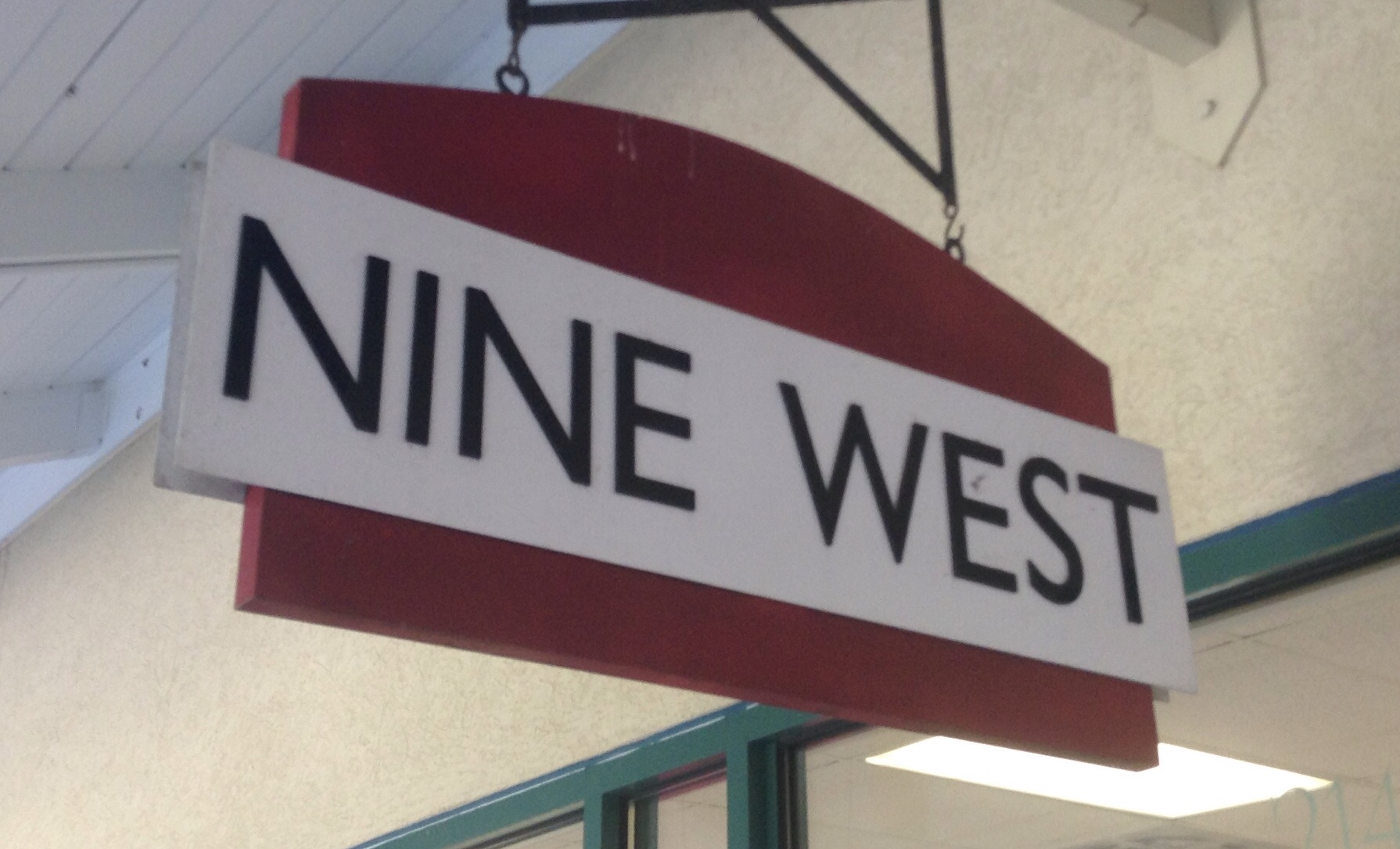
Best known for its namesake shoe brand, Nine West filed for bankruptcy protection in April 2018 and closed down all 70 of its stores. In June, it sold all of its Nine West and Bandolino brand-related business to the Authentic Brands Group for $340 million in an auction. It remains to be seen what the company plans to do with its other brands, such as Anne Klein and Gloria Vanderbilt.
Brookstone (Before Bankruptcy)
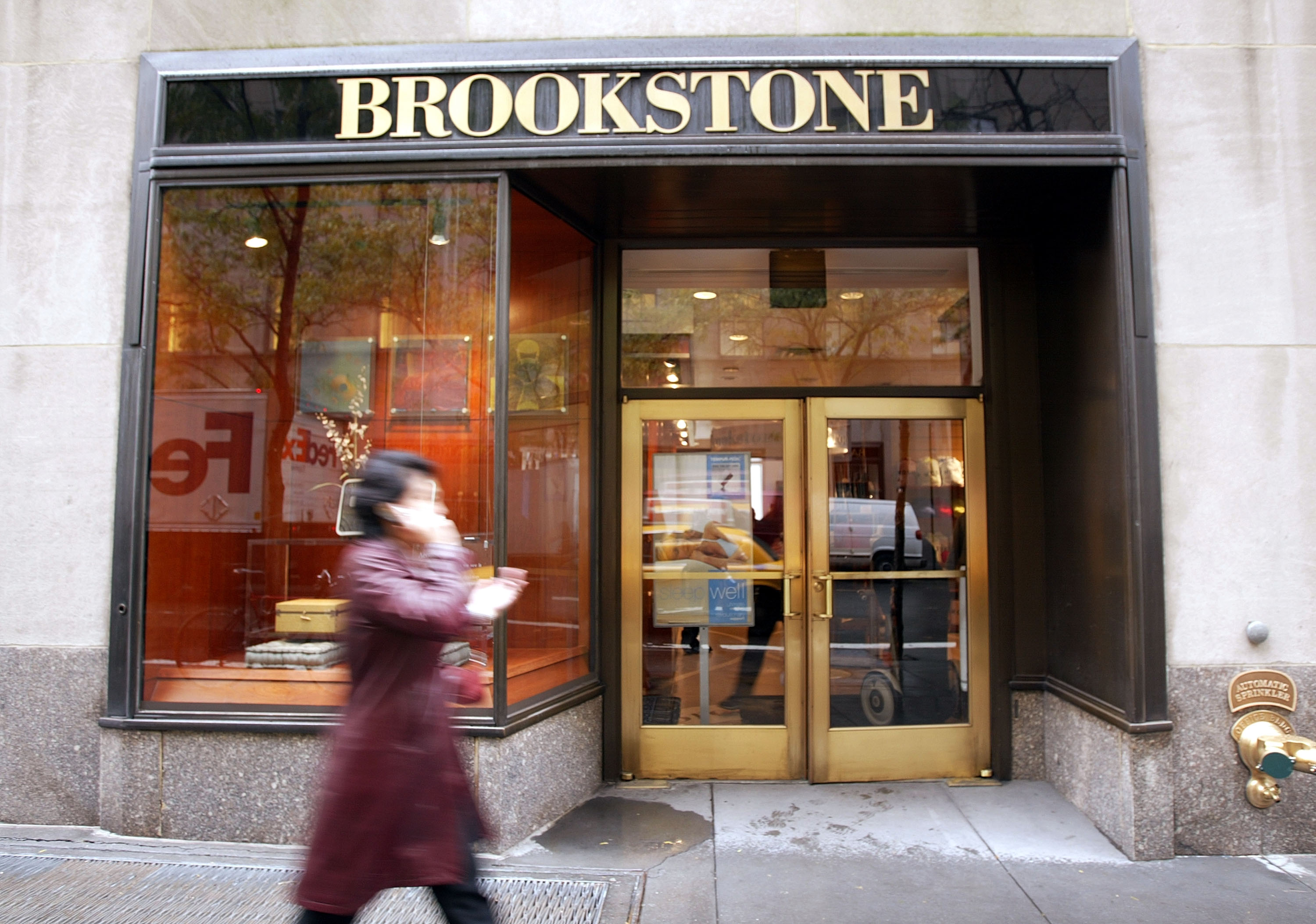
Popular travel and gadget retailer Brookstone filed for bankruptcy in August 2018. It was the second time the company had filed for Chapter 11 bankruptcy in recent years. In October 2018, after closing all of its non-airport locations, the business was purchased by BlueStar Alliance.
Brookstone (After Bankruptcy)
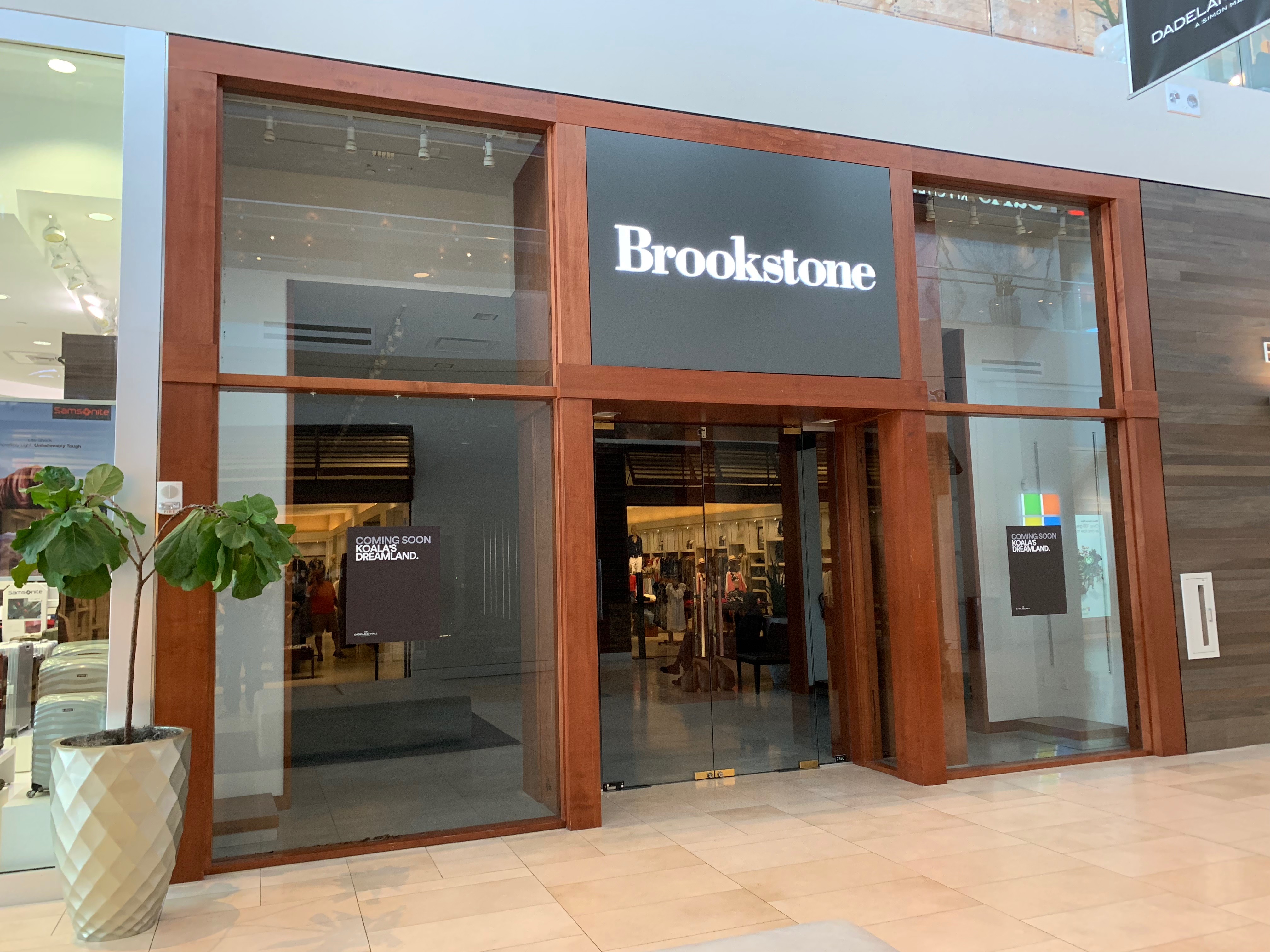
Although Brookstone retail locations at malls no longer exist, there are reports that the brand may be coming back to shopping centers via department stores. The company’s new owner, BlueStar Alliance, signed a $165 million deal that would put Brookstone brand gadgets on the shelves of stores like Bloomingdale’s. Brookstone is also said to be developing an app and a home-security system.
The Weinstein Company

The #MeToo movement brought down many powerful men, including Harvey Weinstein and the Weinstein Company. The film company filed for bankruptcy in March 2018, after allegations against co-founder Weinstein was accused of sexual misconduct. The company was bought by Lantern Capital Partners in May 2018.
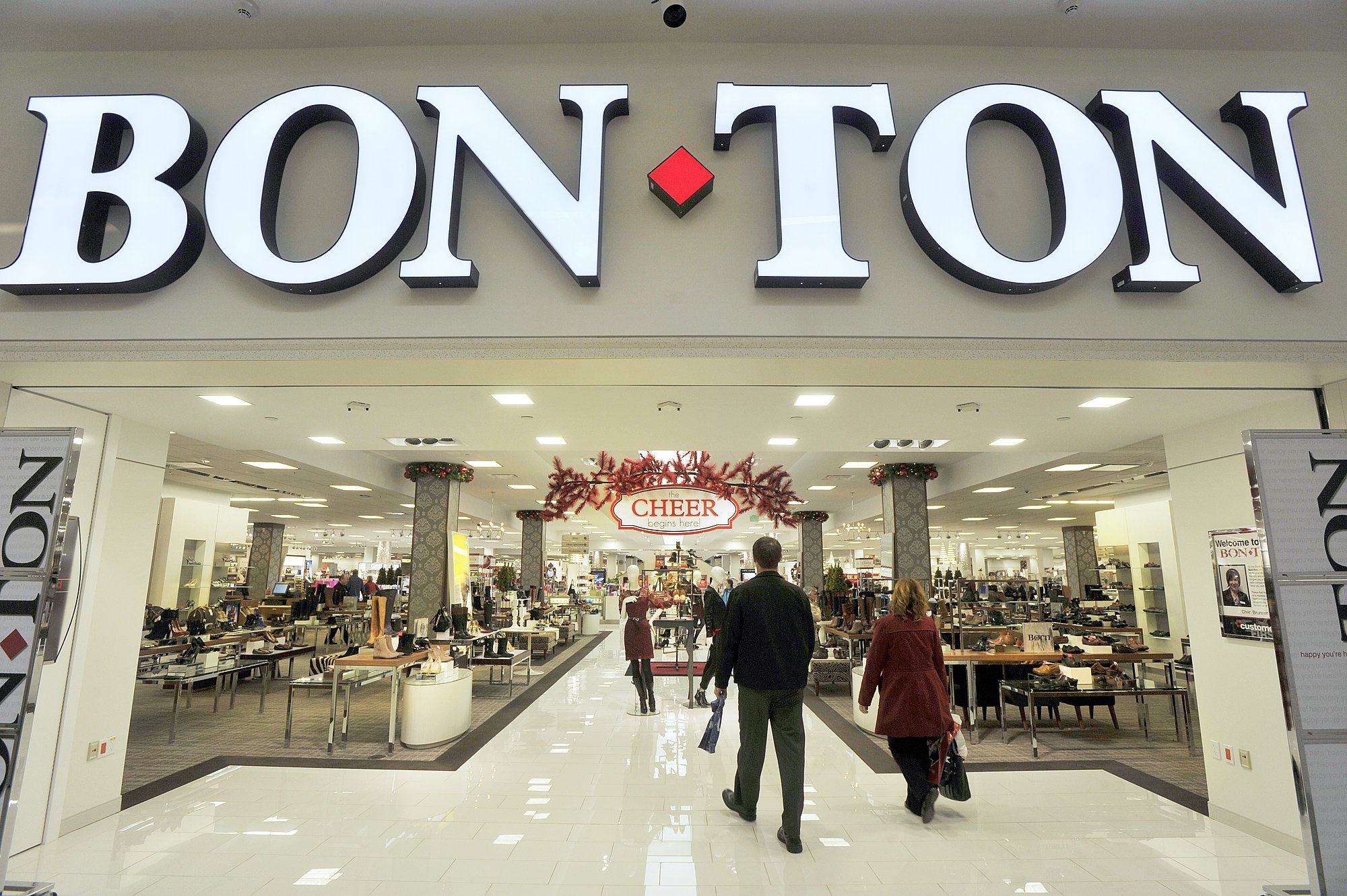
Bon-Ton
After over 100 years in business, the department store Bon-Ton filed for bankruptcy in February 2018 and closed all of its stores. However, in bankruptcy court, Bon-Ton’s assets were sold to liquidators Great American Group and Tiger Capital Group. The brand may come back as an e-commerce focused company, USA Today reported.
Charlotte Olympia
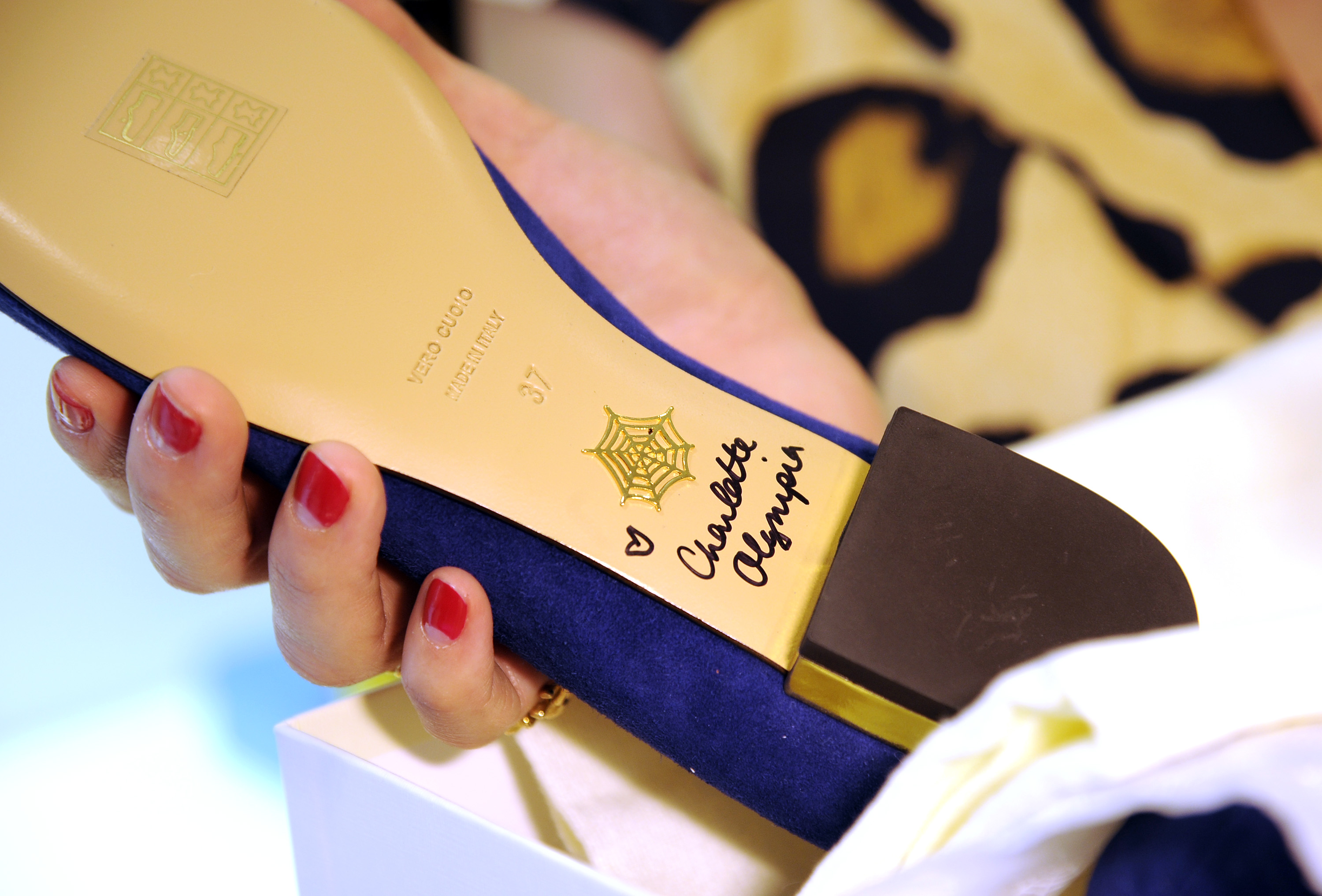
British shoe and accessories company Charlotte Olympia announced in February 2018 that it would be filing for bankruptcy in the U.S. in early 2018. The company also closed its four American locations. Charlotte Olympia executives blamed online retailers for its financial problems and the unprofitably of its stores.
J. Mendel

Fashion company J.Mendel filed for bankruptcy in June 2018 in an attempt to restructure its debt. The company owed money to everyone from its landlord to modeling agencies and advertisers, Retail News Asia reported. However, the fashion label plans to continue to produce new designs despite the bankruptcy.
Remington
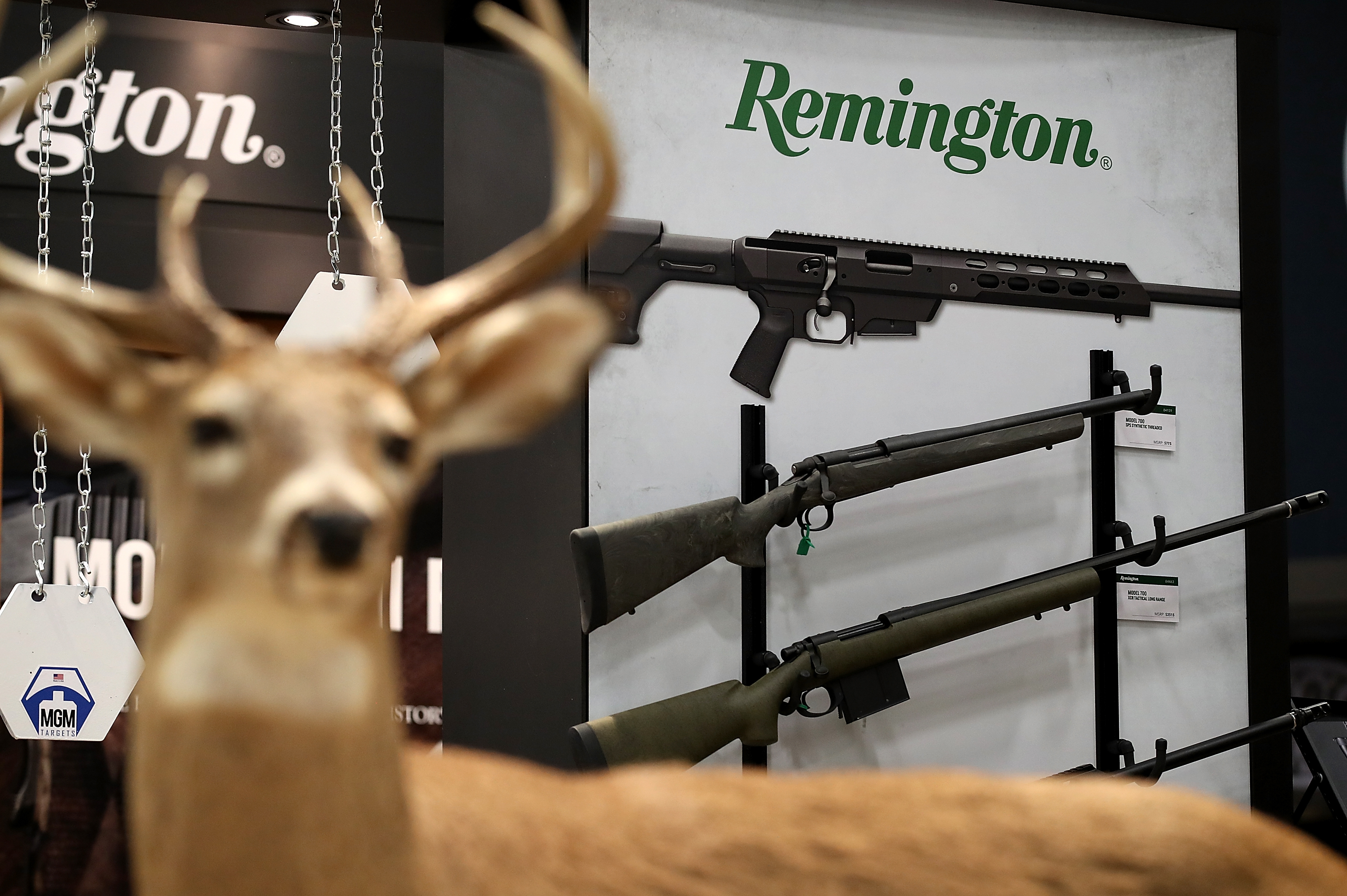
U.S. gun company Remington filed for bankruptcy in March 2018. The timing of the filing coincided with protests after the mass shooting in Parkland, Florida, which had happened just weeks earlier. However, the company also pointed to slowing sales after the election of President Donald Trump, which eased gun enthusiasts’ fears of increased regulation, as a source of their woes. Remington emerged from bankruptcy several months later with much less debt, Reuters reported.
iHeartMedia
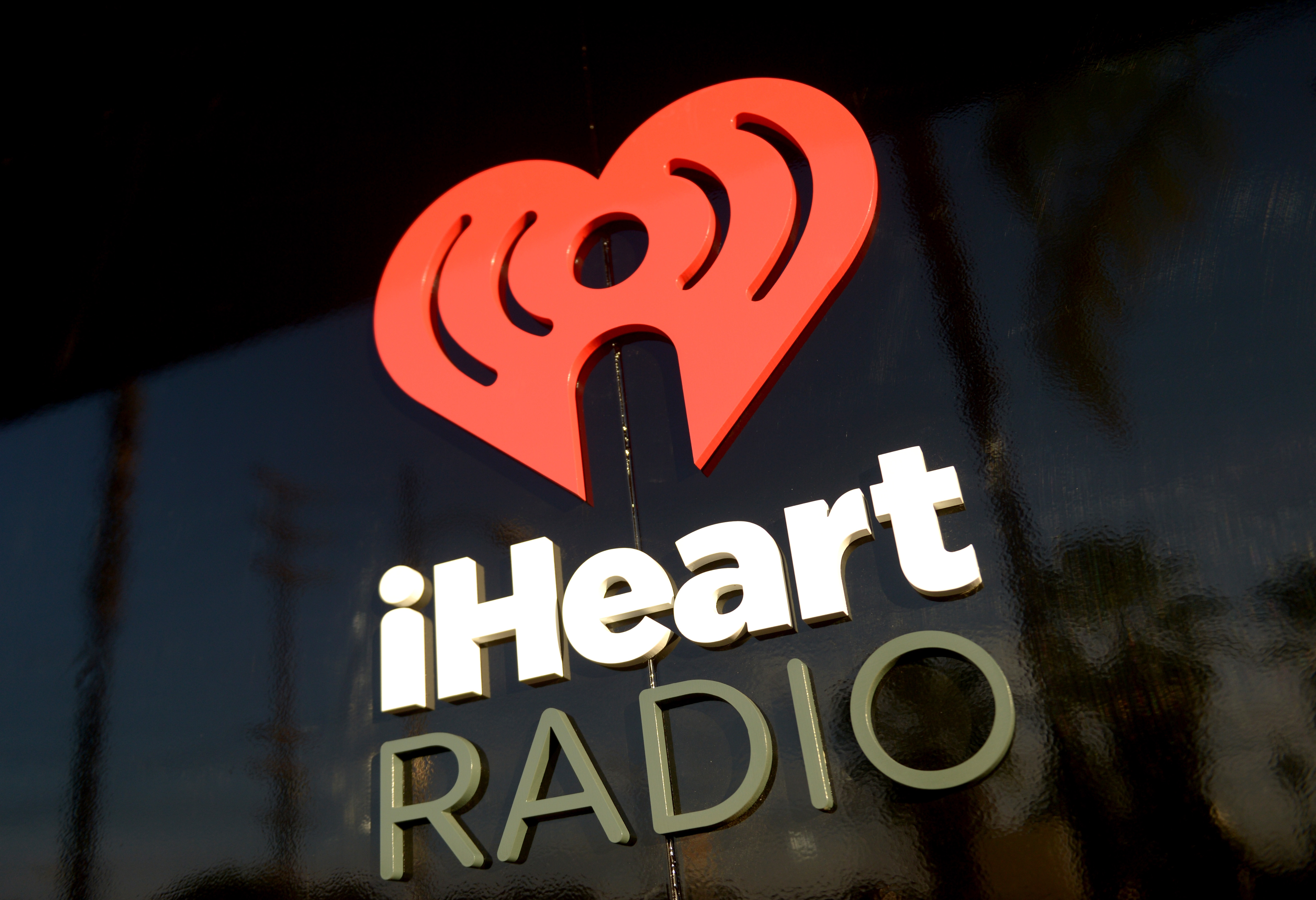
In March 2018, iHeart Radio’s parent company, iHeart Media, filed for Chapter 11 bankruptcy. The company had reportedly been struggling with declining revenue and large debts. Post-bankruptcy, iHeart acquired Stuff Media, a podcast company.
The Walking Company
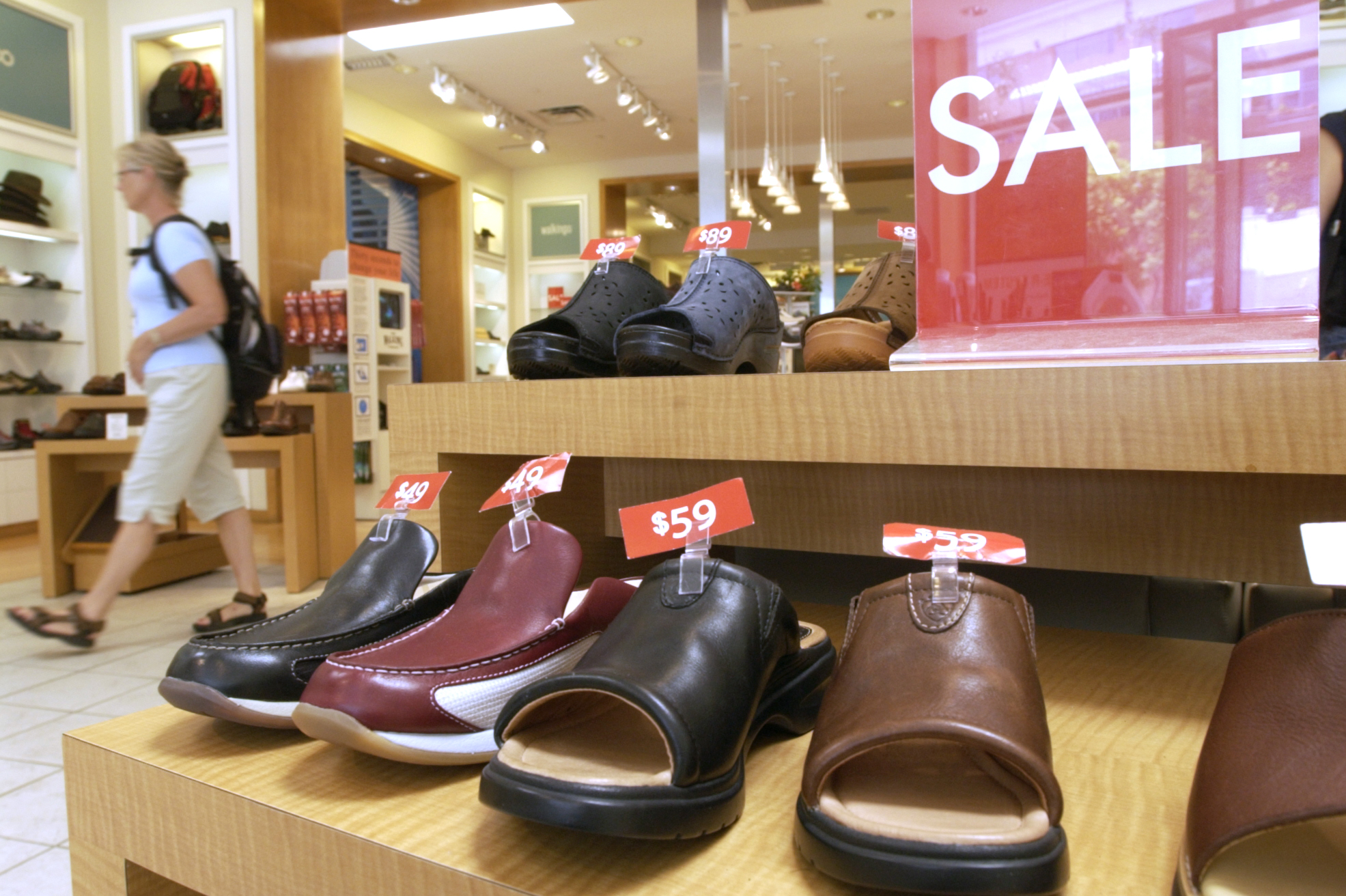
Shoe companies such as The Walking Company seemed to have had a particularly hard time in 2018. In March, the company filed for bankruptcy for the second time in its history in order to reorganize. (It went bankrupt in 2009 as well.) Its stores remained open during the proceedings, and it emerged from bankruptcy proceedings in June.
Mattress Firm
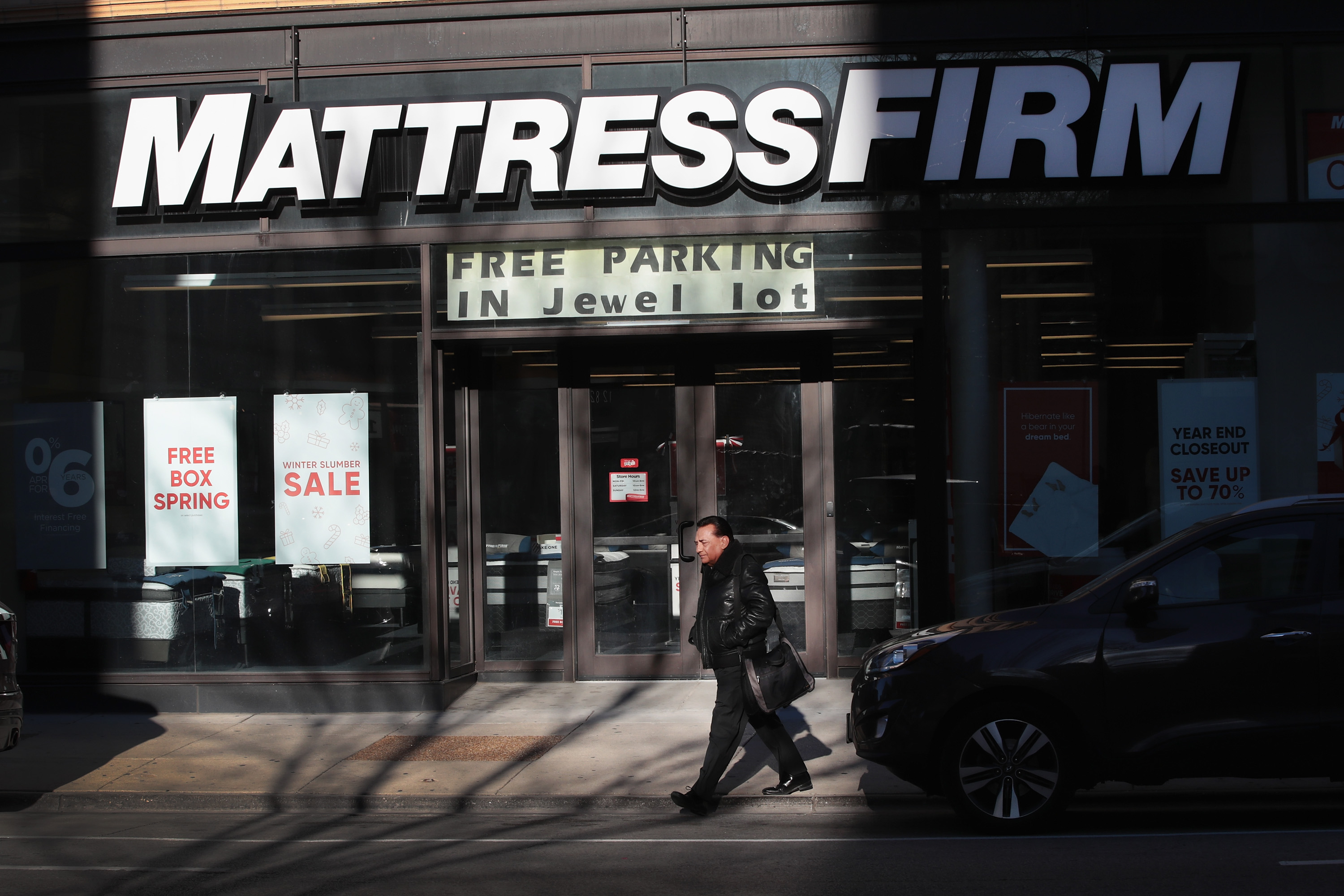
Mattress Firm was one of the largest U.S. mattress retailers up until its bankruptcy in October 2018. It planned to shut down as many as 700 locations out of more than 3,200. Industry experts pointed to direct-to-consumer mattress brands like Casper and Leesa as a possible reason for the company’s declining sales.
Bertucci’s

Pizza-lovers from Boston to Chicago were sad to hear that Italian restaurant chain Bertucci’s would say “arrivederci” to 15 of its locations across the U.S. in 2018. The company filed for bankruptcy in May. However, Bertucci’s was acquired by Planet Hollywood for around $20 million in the months following the filing.
Relativity Media

The Weinstein Company wasn’t the only film industry-related business to go bankrupt in 2018. Relativity Media, led by founder Ryan Kavanaugh (pictured below), filed for bankruptcy in May and was immediately sold to asset management firm UltraV Holdings LLC.
“I still very much believe in the Relativity Media business model. Unfortunately, the company faced the significant challenge of a complicated capital structure and an evolving industry,” Kavanaugh said in a statement. This wasn’t the studio’s first bankruptcy; it also filed for Chapter 11 protection in 2015.
Relativity had been involved in films such as “The Holiday” and “The Social Network.”
Gibson

With some reports estimating its debt to be as much as $500 million, guitar maker Gibson filed for bankruptcy in the spring of 2018. However, the company planned to stay in business and hoped to emerge from bankruptcy with significantly less debt. Gibson even released a new collection of guitars in September 2018.
Hobbico

When hobby store Hobbico filed for bankruptcy at the beginning of 2018, it was quickly snapped up by competitor Horizon Hobby. The new owner plans to retire the name “Hobbico” and continue producing Hobbico products under its own name. Horizon also announced that it hired many of Hobbico’s former employees.
Rockport
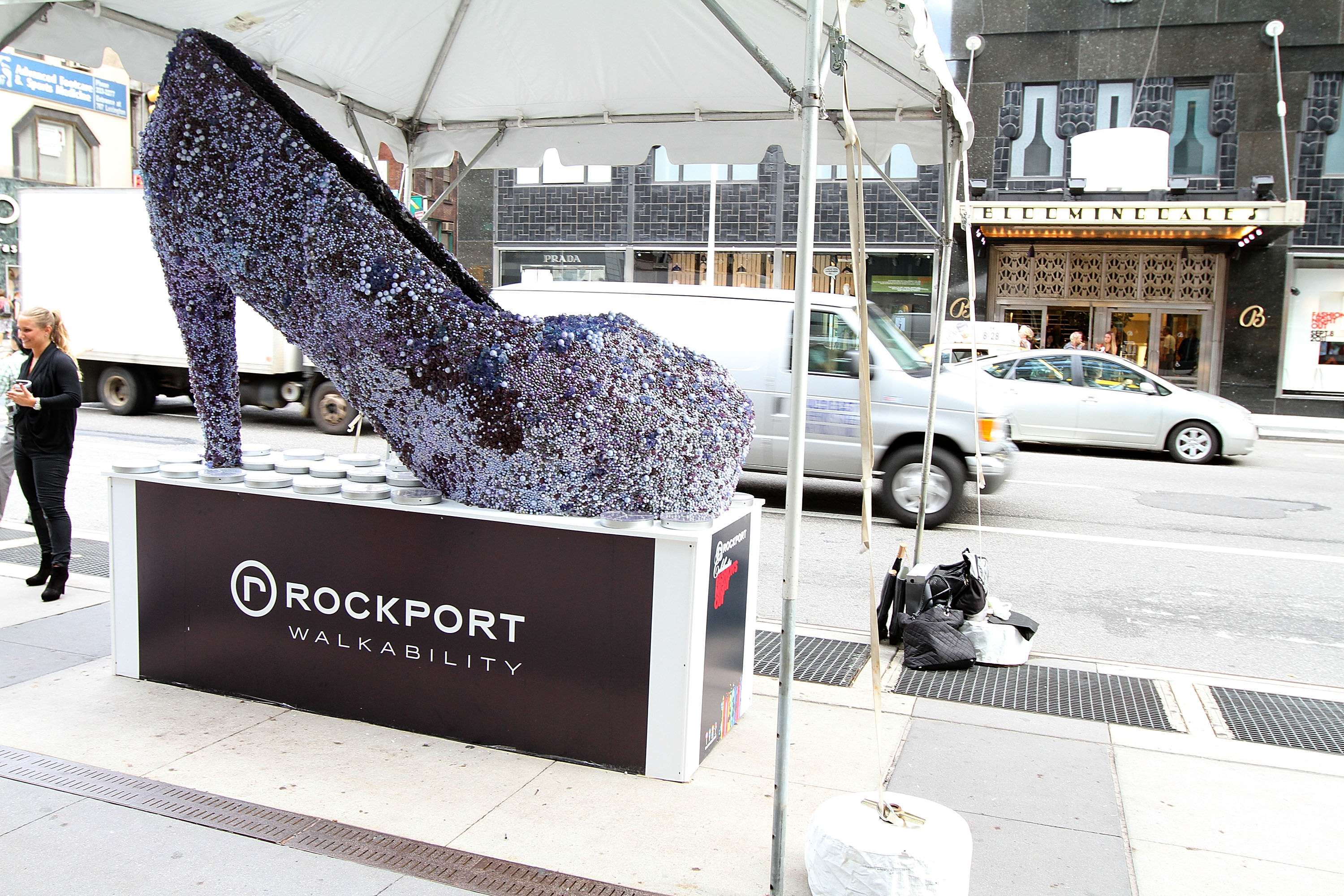
Another shoe company and another bankruptcy filing made headlines in 2018. This time, it was footwear brand Rockport. The company reportedly struck a deal to sell itself in bankruptcy to Charlesbank Capital Partners, according to Retail Dive.
A’Gaci
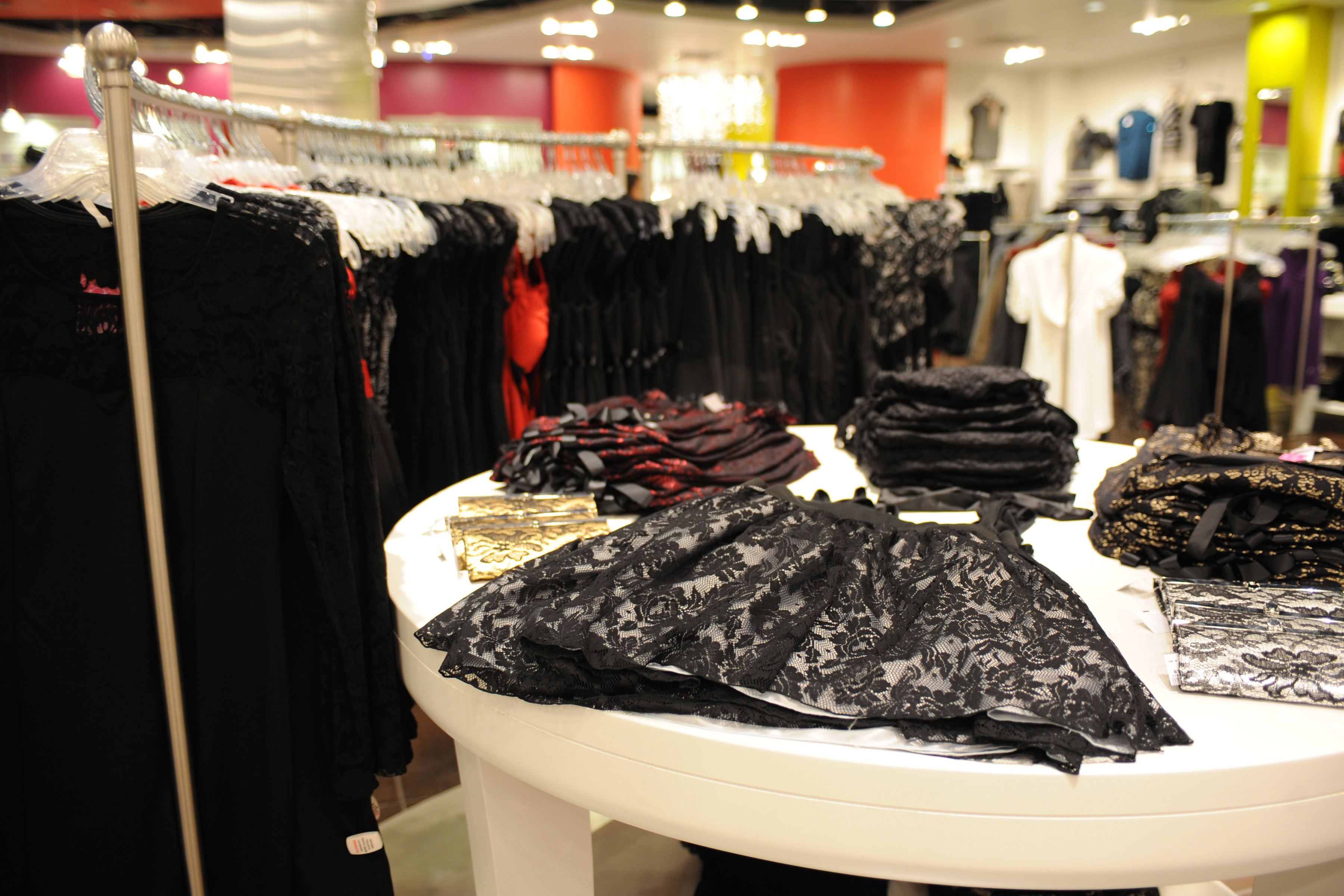
After opening up more than 20 new retail locations in the past several years, fashion chain A’Gaci filed for bankruptcy in the summer of 2018. As a result, the company shut down many of its stores. The Texas-based womenswear company blamed rapid overexpansion and hurricanes in Florida, Texas and Puerto Rico, which caused temporary closures of some of its locations, for its slumping sales.
Kiko USA

Makeup brand Kiko USA said goodbye to many customers at the beginning of 2018. The brand reportedly shut down all but five of its American retail locations as a result of filing for bankruptcy, Retail Dive reported. Kiko USA is a subsidiary of the Italian company Kiko Milano.
Southeastern Grocers

Florida-based Southeastern Grocers closed more than 100 grocery stores after it filed for Chapter 11 in early 2018. However, the company was able to reduce its debt by $600 million as a result, Produce Retailer reported. “It is an exciting new day for Southeastern Grocers as we emerge a stronger company with an optimal store footprint that is well-positioned to thrive in the competitive retail market,” said the company’s CEO Anthony Hucker in a statement after the proceedings came to a close.
Tops Markets

Massachusetts-based grocery store chain Tops Markets filed for Chapter 11 bankruptcy in February in order to restructure its debt in 2018. The company also struck deals with workers unions in order to reduce its costs of doing business, The Buffalo News reported. Tops Markets closed about 10 stores as well.
National Stores
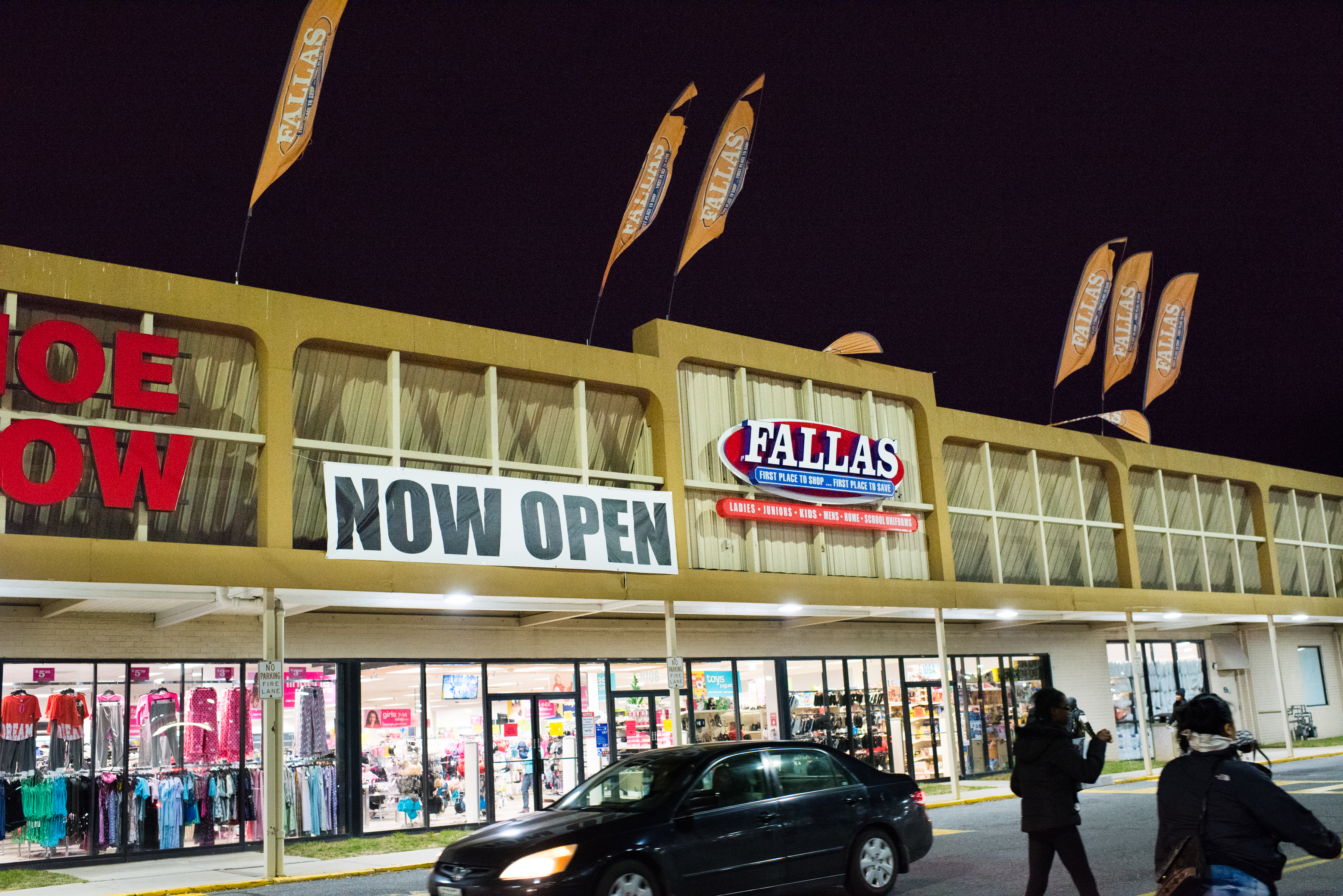
Discount company National Stores filed for bankruptcy protection in August 2018. The business is the parent company of Fallas, a chain store that specialized in low-priced apparel and housewares. The company announced that it would be closing more than 70 of its stores as a result.
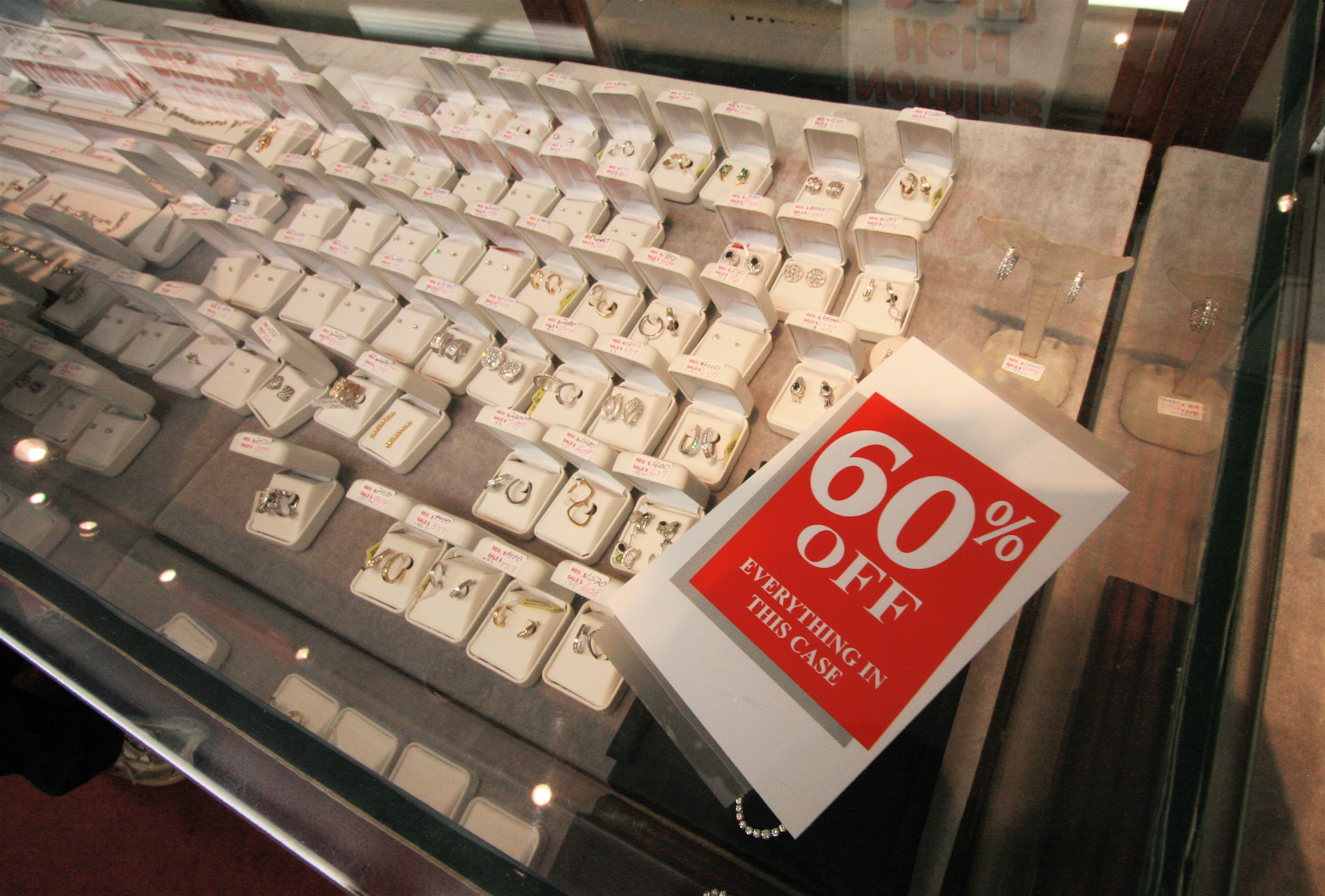
Samuels Jewelers
Based in Austin, Texas, jewelry retailer Samuels Jewelers filed for bankruptcy in August 2018 in order to reduce its debt. The company kept its more than 120 brick-and-mortar stores as well as its online site open for business during the proceedings. The company was founded more than 100 years ago.
Gump’s
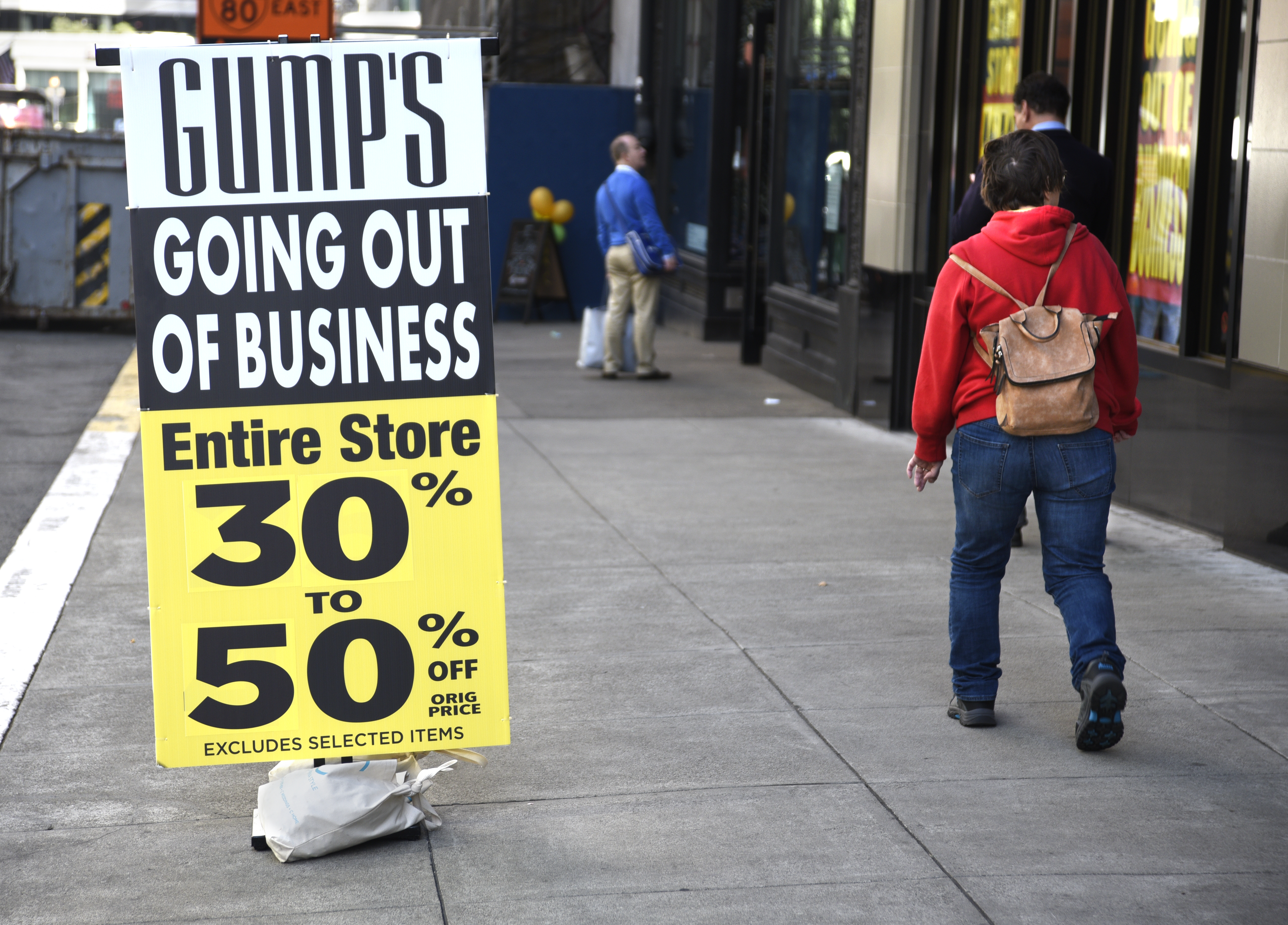
San Francisco-based luxury department store Gump’s has been in business for 157 years in the Bay Area. However, the company filed for bankruptcy in August 2018 and announced that it was looking for a buyer and planned to liquidate its merchandise to help pay off its debt.
Sponsored Content

